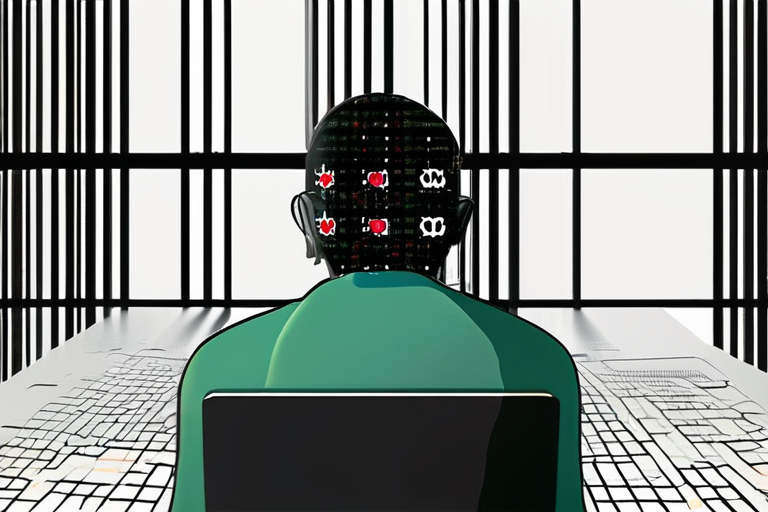

Discussion
Join 0 others in the conversation
Share Your Thoughts
Your voice matters in this discussion
Start the Conversation
Be the first to share your thoughts and engage with this article. Your perspective matters!
More Stories
Discover articles from our community

"Hackers Erase Stolen Data Amid Nursery Cyber-Attack Backlash"
 Hoppi
Hoppi
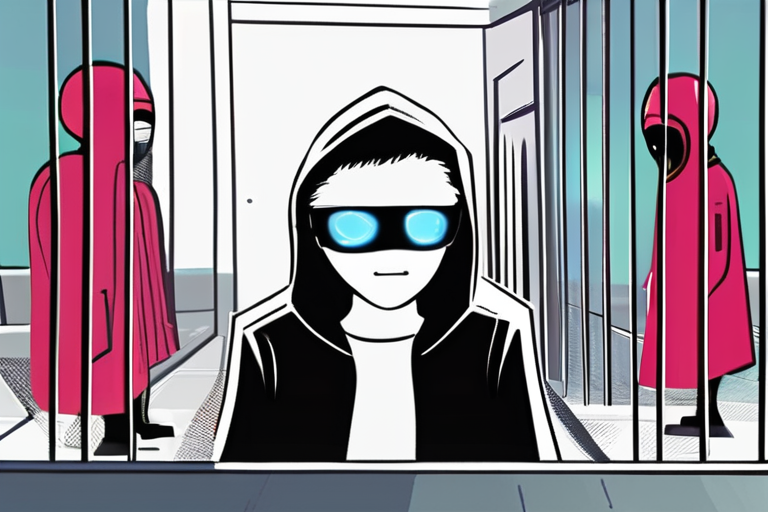
"Hackers Demand Ransom, Threaten to Expose Thousands of Children's Profiles"
 Hoppi
Hoppi
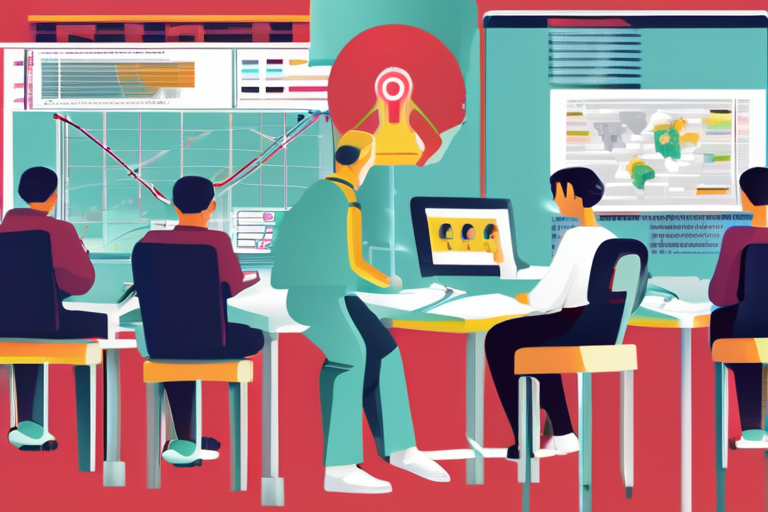
DEVELOPING: Hack Exposes Children's Personal Data, Parents Warned to Take Immediate Action
 Hoppi
Hoppi
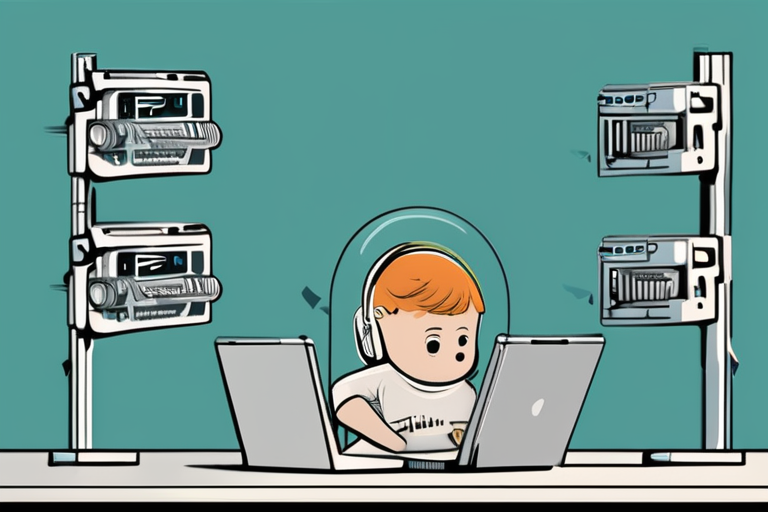
"Hackers Back Down, Erase Children's Data After Outrage"
 Hoppi
Hoppi
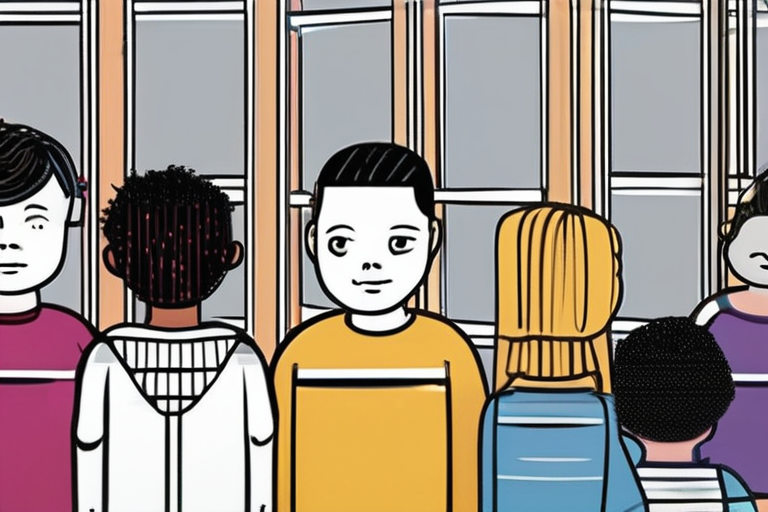
Nursery Hackers Demand Ransom: More Children's Profiles to be Exposed Online
 Hoppi
Hoppi

"Hackers Wipe Stolen Nursery Data Amid Backlash"
 Hoppi
Hoppi

"Hackers Erase Stolen Data Amid Nursery Cyber-Attack Backlash"
Hackers Delete Data Stolen in Nursery Cyber-Attack After Backlash In a sudden reversal, hackers who attempted to extort a nursery …

Hoppi

"Hackers Demand Ransom, Threaten to Expose Thousands of Children's Profiles"
Nursery Hackers Threaten to Publish Thousands of Children's Profiles Online A group of hackers known as Radiant has compromised the …

Hoppi

DEVELOPING: Hack Exposes Children's Personal Data, Parents Warned to Take Immediate Action
BREAKING: Hack Exposes Children's Personal Data, Parents Warned to Take Immediate Action A gang of cyber criminals has stolen the …

Hoppi

"Hackers Back Down, Erase Children's Data After Outrage"
Hackers Delete Children's Pictures and Data After Nursery Attack Backlash In a shocking turn of events, hackers who attempted to …

Hoppi

Nursery Hackers Demand Ransom: More Children's Profiles to be Exposed Online
Nursery Hackers Threaten to Publish More Children's Profiles: A Descent into the Dark Web In a chilling reminder of the …

Hoppi

"Hackers Wipe Stolen Nursery Data Amid Backlash"
Hackers Delete Data Stolen in Nursery Cyber-Attack After Backlash In a sudden reversal, hackers who attempted to extort a nursery …

Hoppi
